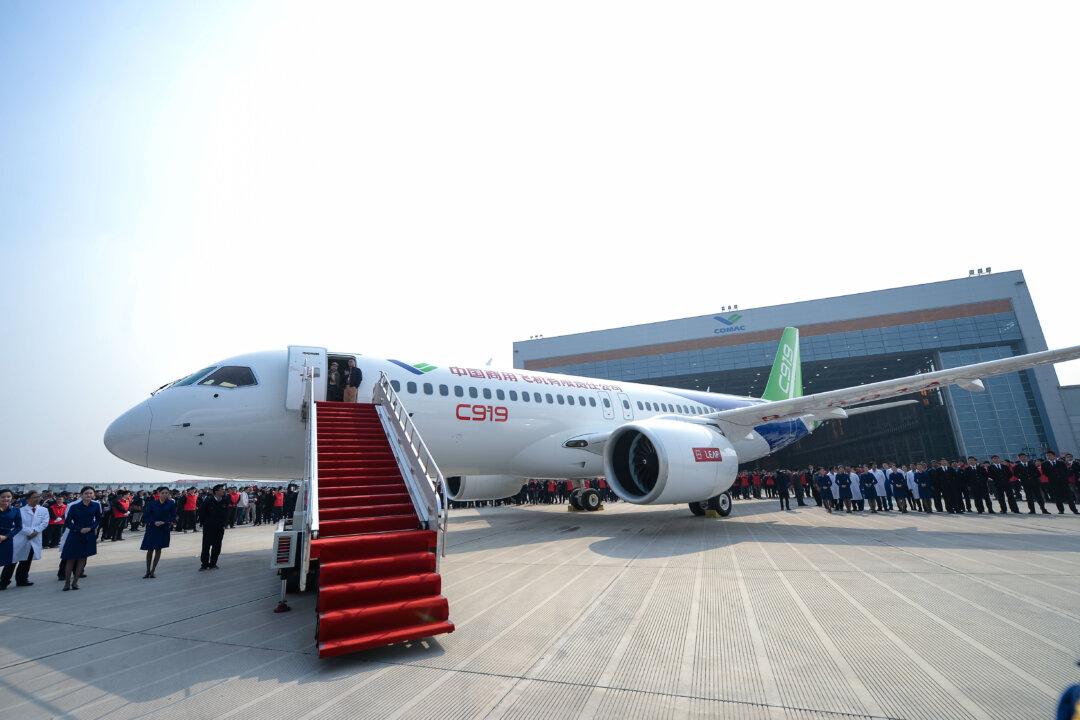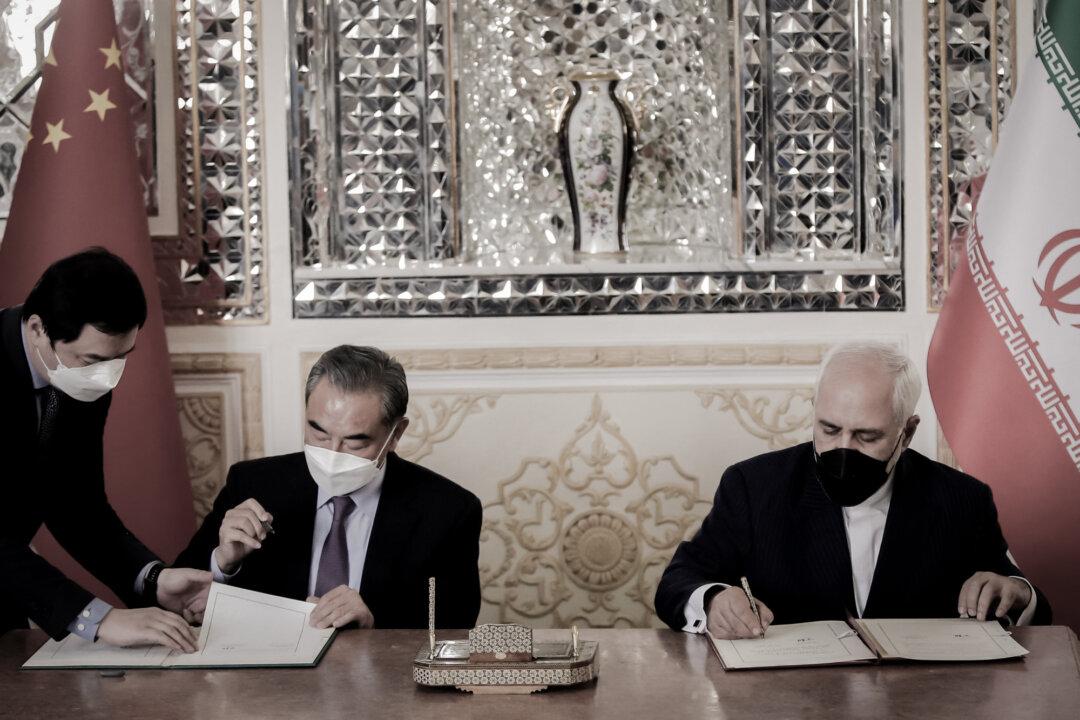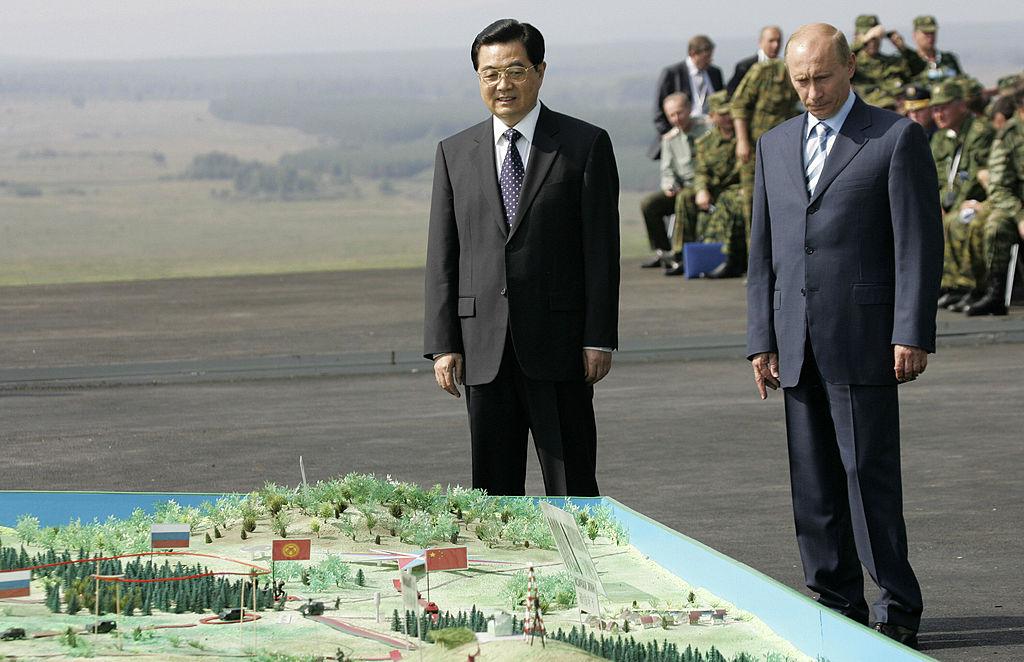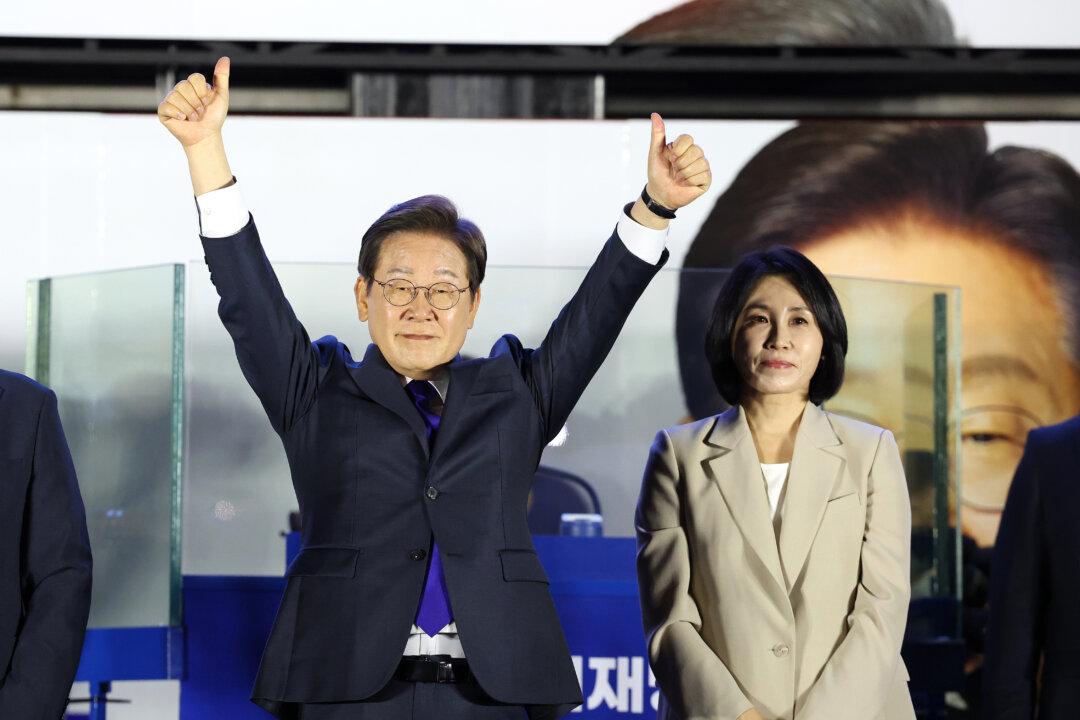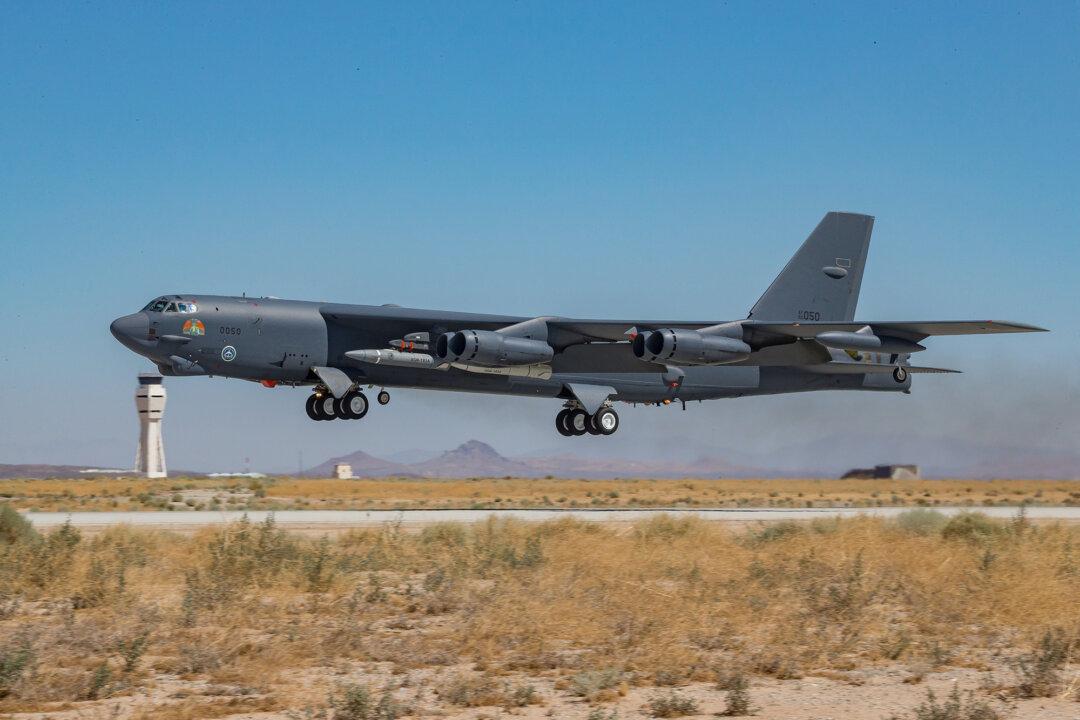Commentary
Two companies have dominated the world’s commercial airline market since the 1990s: Boeing from the United States and Airbus from Europe. For years, the competition has been fierce, with the lead in orders and production going back and forth between Boeing and Airbus. This production race between the two was churning out airliners at astounding, near World War II, levels until COVID-19 in 2020.
